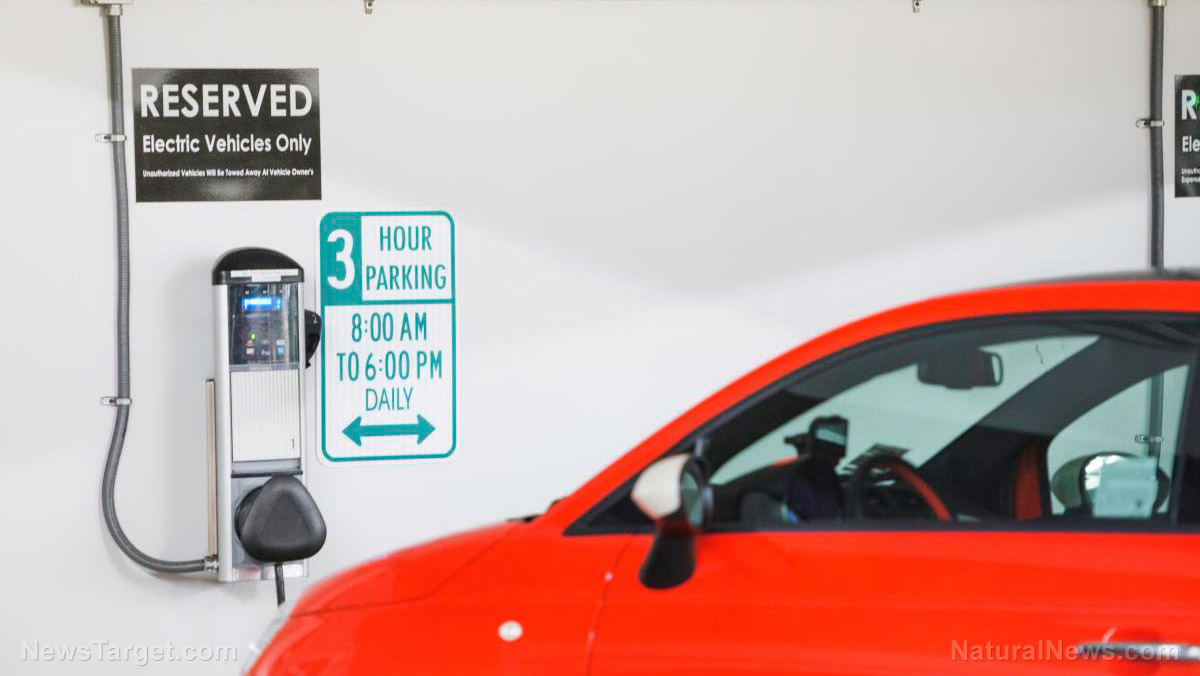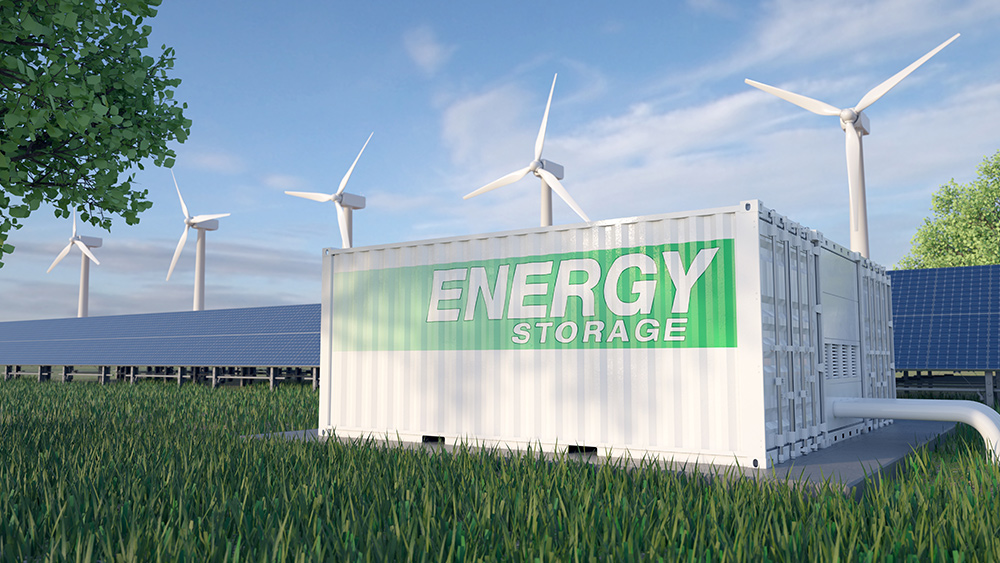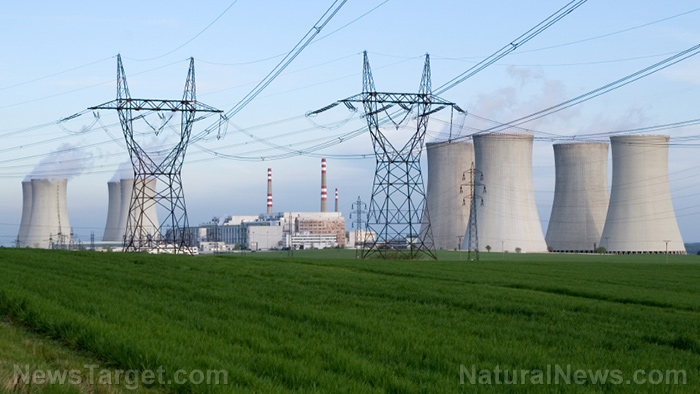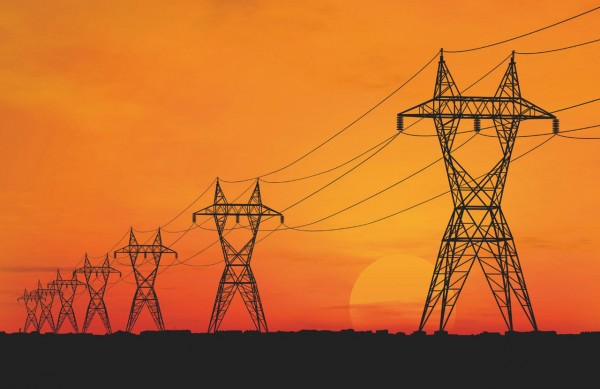Hurricane Ian exposes EV weakness: Lithium batteries are prone to catching fire
10/11/2022 / By Mary Villareal

Many electric vehicles (EVs) got caught in floods when Hurricane Ian hit Florida. Their lithium batteries, meanwhile, caught fire.
“There’s a ton of EVs disabled from Ian. As those batteries corrode, fires start,” tweeted Jimmy Patronis, Florida’s top financial officer and fire marshal. “That’s a new challenge that our firefighters haven’t faced before. At least in this kind of scale.” (Related: LITHIUM mining for electric vehicles is incredibly destructive to the environment and about as far from “green” as you can imagine.)
Patronis said in a separate tweet that it takes special training and an understanding of EVs to ensure that the fires are put out quickly and safely.
While there is no word yet on how many EVs were disabled or have caught fire due to the flooding, what is apparent is that fire departments in the state are not equipped to handle lithium battery fires, which can take hours to put out.
As the Biden administration pushes for electric road vehicles allegedly to help combat climate change, it fails to acknowledge the environmental costs of EV-related mishaps and fires associated with them.
In a video posted by Patronis, a bystander can be heard saying that it takes thousands of gallons of water to put out fires from EVs.
Footage posted on social media showed the North Collier Fire Rescue District covering a white Tesla in water from both above and below to douse possible sparks.
Patronis and State Representative Bob Rommel were visiting the area when the district got the call about an EV fire, so they joined the firefighters to assess possible problems that may arise when trying to put out such fires.
“These vehicles have been submerged in salt water. They have extensive damage and can potentially be serious fire hazards. No one was injured in the fire, traffic interruption was minimal and the crews remained on scene with the vehicle for hours to ensure it was extinguished,” the district posted on Facebook.
Figures from the Department of Energy showed that Florida is second behind California in the number of registered electric cars, with over 95,000 being driven around the state.
Tens of thousands left in financial ruin because they don’t have flood insurance
Tens of thousands of residents in Florida have also been left in financial ruin because they did not have flood insurance before Hurricane Ian devastated wide swaths of the state.
The Biden administration designated nine counties as disaster areas eligible for federal aid. However, this aid will only cover minor home repairs, short-term housing costs and other emergency-related measures.
Of the 1.8 million households in these counties, fewer than one-third had insurance policies in place. This means that some 1.3 million households do not have federally-insured flood coverage and may not be able to benefit from federal aid.
Hardee County, a predominantly Hispanic jurisdiction with relatively low-income levels 100 miles north of Fort Myers has low federal flood insurance. In a county of 8,000 households, only 1.3 percent or 100 have federal flood insurance.
“Ian could financially ruin thousands of families in Florida,” said Mark Friedlander of the Insurance Information Institute.
Data showed that fewer Floridians bought flood insurance due to cost-cutting forced on them by the rising inflation. Flood and storm surges are not usually included in homeowners insurance policies, which means Floridians must pay for the coverage separately.
With Ian dumping as much as 15 inches of rain on parts of the state when it made landfall, thousands of people needed to relocate to shelters.
Rescue officials in Orange County said they have undertaken 1,700 missions to help those who were trapped in submerged cars and flooded homes.
Visit Disaster.news for more updates in the aftermath of Hurricane Ian.
Watch the video below to learn why electric vehicles are bad for the environment.
This video is from the InfoWars channel on Brighteon.com.
More related stories:
California electric company admits it will NEVER be able to charge everybody’s electric vehicles.
Floridians would have faced nightmare scenarios if electric vehicles were the norm: Analysis.
Sources include:
Submit a correction >>
Tagged Under:
climate, collapse, dangerous, electric vehicles, energy supply, explosion, flood, flood insurance, Florida, future tech, Hurricane Ian, implosion, inventions, lithium batteries, natural disaster, power, rescue, typhoon, weather terrorism
This article may contain statements that reflect the opinion of the author
RECENT NEWS & ARTICLES
GreenDeal.News is a fact-based public education website published by GreenDeal News Features, LLC.
All content copyright © 2018 by GreenDeal News Features, LLC.
Contact Us with Tips or Corrections
All trademarks, registered trademarks and servicemarks mentioned on this site are the property of their respective owners.



















